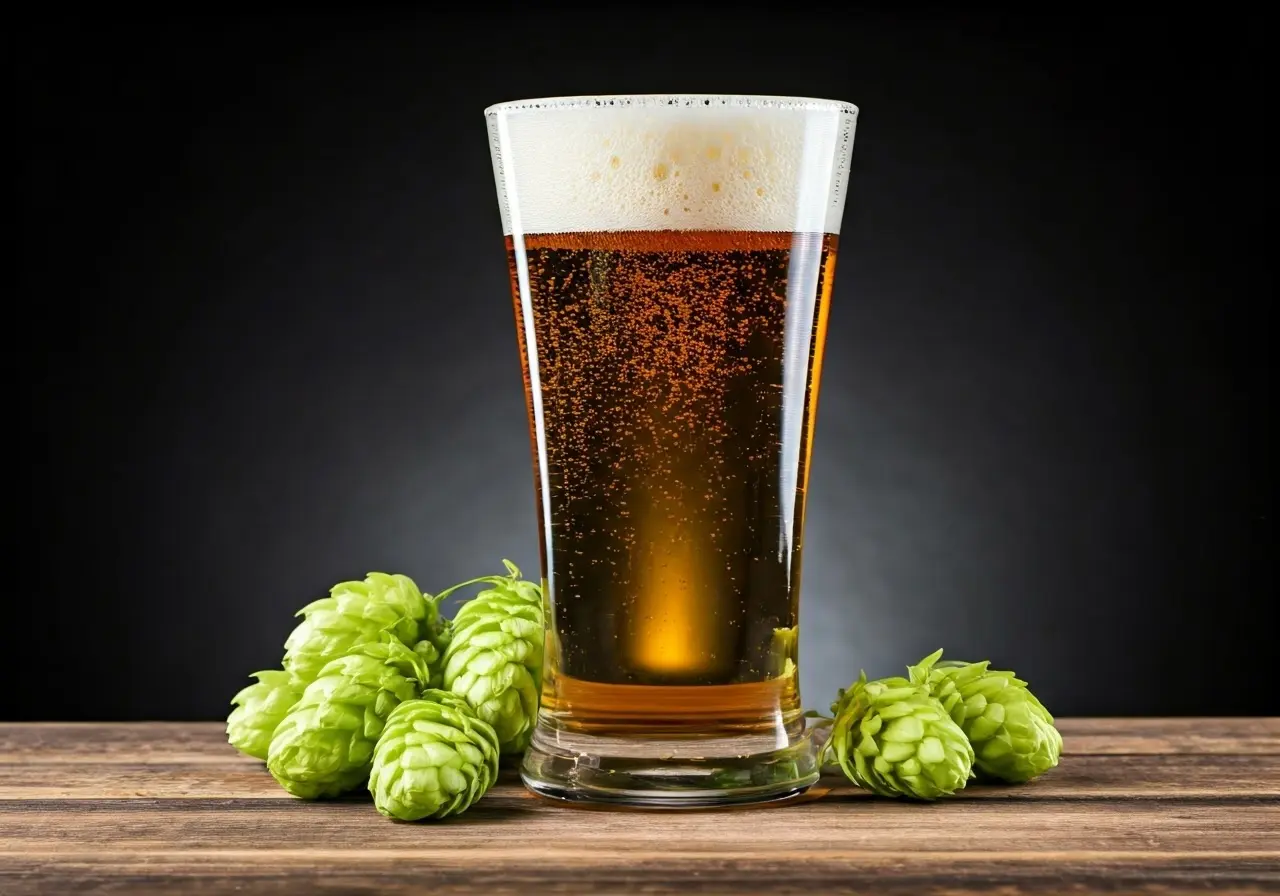Zero alcohol beer is gaining popularity as an alternative to traditional beers. But beyond being a booze-free option, could it offer any health advantages? In this blog, we’ll explore the potential benefits and what you need to know about this trendy beverage.
What Is Zero Alcohol Beer?
Zero alcohol beer is brewed to have minimal or no alcohol content, making it a great choice for those who wish to avoid alcohol without giving up the taste of beer.
In essence, zero alcohol beer is crafted through a careful process of brewing and then removing the alcohol to a significant degree, often utilizing methods like reverse osmosis or vacuum distillation. Such meticulous processes ensure that the flavor profile remains close to that of regular beer. For many, the allure lies in being able to indulge in their favorite beverage without the effects of alcohol.
How Does Zero Alcohol Beer Compare Nutritionally?
We’ll examine the nutritional content of zero alcohol beer, comparing it with regular beer to see where it stands in terms of calories, sugars, and other nutritional factors.
Zero alcohol beer often contains fewer calories than its alcoholic counterpart, making it a preferable option for those keeping an eye on their caloric intake. However, it is essential to consider that the carbohydrate content might be higher due to added sugars meant to enhance flavor post-alcohol removal. For instance, non-alcoholic beer can sometimes pack more than twice the carbs compared to regular beer, which could affect individuals monitoring their carbohydrate intake.
While both zero alcohol and regular beers supply small amounts of essential vitamins and minerals like phosphorus and magnesium, the variation in alcohol and carb contents can influence overall dietary goals. It’s therefore prudent to glance at the nutritional labels carefully when opting for these drinks.
Can Zero Alcohol Beer Support Hydration?
Discover how zero alcohol beer can be more hydrating than its alcoholic counterparts, and how this might impact your overall health.
A key advantage of zero alcohol beer over traditional beer is its potential hydrating properties. Alcoholic beverages are known to dehydrate due to their diuretic effects, while zero alcohol variants mitigate this effect significantly. This makes them an appealing choice for casual drinkers looking to enjoy the refreshing aspect of beer without sacrificing hydration levels.
The carbonation and flavors in zero alcohol beer can also create a similar sensory experience to that of regular beer, potentially satisfying cravings and reducing temptation to consume higher-alcohol content beverages that may not be as hydrating.
Understanding the Benefits for Mental Health
Find out how reducing alcohol intake with zero alcohol beer might influence mental well-being and help in reducing anxiety and stress.
Reducing alcohol consumption has various mental health benefits, such as decreased anxiety, improved mood stability, and overall better mental clarity. Those switching to zero alcohol beer often report fewer mood swings and negative emotional episodes often associated with alcohol consumption.
The ability to relax with a beverage that offers the same taste without the effects of alcohol can contribute to a peaceful social and personal life. Lower alcohol levels ensure you’re alert and in control, aligning well with mindful living practices aimed at reducing stress.
Potential for Weight Management
Learn about the role of zero alcohol beer in weight management and how it might assist those looking to cut down on calories while enjoying a brew.
For those on a weight management journey, zero alcohol beer can be a strategic ally. Trading in regular beers for their zero alcohol counterparts can significantly reduce caloric intake without sacrificing enjoyment. This can be particularly beneficial in social settings where consumption would typically be high.
Yet, it’s worth noting that while zero alcohol beers may have lower calories, their sugar content ought to be cautiously monitored. Consuming high amounts of sugar can counteract weight management efforts. Thus, selecting the brands with favorable nutritional profiles requires attention if weight loss or maintenance is the goal.
What’s the Catch? Considering the Limitations
It’s crucial to acknowledge that while there are benefits, there might also be some limitations. We’ll discuss any downsides to keep in mind when opting for zero alcohol beer.
While zero alcohol beer poses significant advantages, there are also a few limitations to consider. It’s important to recognize that some variants, despite labels stating ‘0.0% ABV,’ might contain trace amounts of alcohol. Research has shown that non-alcoholic beer sometimes harbors more alcohol than claimed, which could be concerning for those needing to abstain completely.
These drinks also typically have higher levels of sugars compared to regular beers, which might contribute to higher calorie counts, affecting those intending to consume low-calorie drinks. Understanding these aspects can help in making a well-informed choice suitable for personal health goals.
Is Zero Alcohol Beer the Right Choice for Your Health?
Zero alcohol beer can be a healthier alternative for those looking to reduce their alcohol intake while still enjoying the taste of beer. With its bundle of benefits, it might be worth considering for your lifestyle. As always, it’s important to make informed choices about your diet and drink responsibly.

